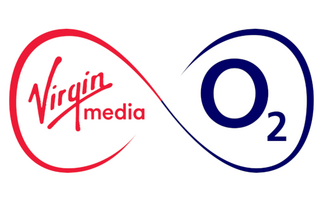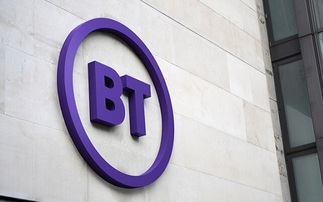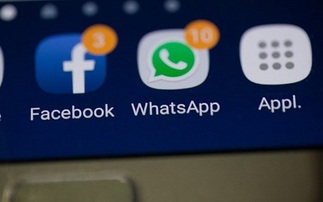Death, where is thy sting?
Imagine the excitement when the first conference call was made 100 years ago. The telephone itself was still pretty new, but suddenly it was possible (after much laying of cable and switchboard jiggery pokery by the operator) to have a conversation rather than just a dialogue over the wires. Alexander Graham Bell placed the call from New York to San Francisco, where Thomas Watson answered. The call was then joined by Theodore Vail, president of AT&T, and then, from the White House, by US president Woodrow Wilson.
Much of the subsequent work in making telephone conferencing more widely available was performed in the 1940s and 1950s by telecommunications engineer and inventor Walter L Shaw, who patented technologies for the conference call as well as for touch-tone phones, call forwarding and the red telephone link between the USA and the former Soviet Union.
Unfortunately when ownership of his ideas was not recognised by his employers AT&T and later Bell Labs, he became embittered and sold another of his ideas, the ‘blue box' untraceable call device, to the Mafia, a crime for which he was jailed in 1975. The blue box was later taken up by two guys named Steve, Jobs and Wozniak, who used it for making prank calls to the Vatican, but that's another story.
The concept of teleconferencing didn't really take off until the 1960s when, acting on Shaw's ideas, devices from the likes of Bell Labs and AT&T made telephone conferencing and even early video conferencing available to businesses. But like the computers of that era, the devices were far too expensive and unreliable to be of much use to any but a select few. Subsequent technological advances such as IRC and SIP trunking have made audio conferencing far more reliable and affordable, but at the same time the mobile revolution has added challenges of its own owing to reception blackspots.
Other communications technologies also have arrived, including functioning HD video and web conferencing as well as multi-party messaging and collaboration platforms; in fact there has been an explosion in ways for work groups to collaborate and keep in touch. Yet, perhaps because everyone is familiar with how it works, audio conferencing remains a very popular - perhaps still the most popular - way for multiple people to meet up to get things done from wherever they are located.
Popular it may be in numbers terms but that's not the same thing as being popular with those who spend large parts of their working lives misdialling long entry codes, enduring tedious hold music and making embarrassing small talk while waiting for participants to arrive.
A necessary evil
Conference calling is undoubtedly very useful, even if the wonder has long since departed. It has meant far fewer unnecessary journeys and saved organisations a lot of time, money and hassle. Indeed, 28 per cent of the 150 IT professionals polled by Computing said conference calls are really helpful in keeping everyone 'on the same page'. However, most people seem to have a weary acceptance of voice conferencing at best, with the largest single proportion describing it as a necessary evil (figure 1).

Broken etiquette
Because audio conference calls are often joined by callers who feel they are wearing a cloak of invisibility by virtue of being in their own home, the technology has given rise to its own rules and etiquette, around being punctual, not talking out of turn and being mindful of background noise. Nonetheless, these unwritten rules are constantly being broken.






















